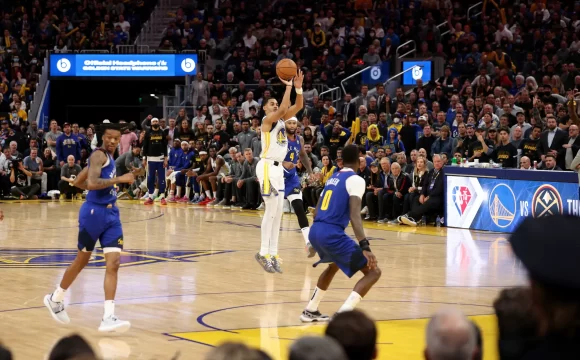Ask any adult, and they will say that video games are bad for youngsters, mainly shooter games or those with violent content often have the worst reputation among non-gamers. But let’s take a pause. Search the iOS or Google Play Store to see the number of different video games available, even if the PlayStation and other gaming platforms are kept aside. It would be worthwhile to note here that had video games been so detrimental to society, millions of dollars would not have been funding the game competition, now known as eSports. A few visionaries, like philanthropist Mr. Tej Kohli, have been putting in effort and investing in eSports because he believes it is the future and has great potential.
So, what can video games do for not only youngsters but every individual, even when not competing on international eSporting forums?
Positive Impact of Video Games on Mental Health
Many can and will argue that video games impact negatively, and there are several statistics to prove that. However, like everything else, this has a few positives that can help improve mental health. Here are some benefits:
Coping With Failure
Losing is a part of life, as is while playing video games. It is hard to ace every level on ‘the first go,’ but one keeps going even when one fails at a video game. Instead, play again to reach the next level. It encourages one to try again and helps develop the emotional resilience that can be applied in life.
Sense Of Achievement
Learning early on to meet targets and goals is often part of the video game. The reward system for meeting the targets brings a sense of satisfaction, eventually boosting the player’s overall mental well-being and health. This sense of wellness can be used in other activities of life.
Overall Mental Engagement
Video games are known for improving the thought process. Instead of sitting in front of a television or computer and registering the content shown, video games require the person to engage with the information provided and act on it accordingly. It makes the brain work harder and promotes a higher level of thinking.
Distraction As A Welcome
Irrespective of the style of the game, the participant is required to engage fully, and in cases of individuals undergoing trauma, video games can be a welcome distraction. It has shown that people recovering from mental health issues like ADHD, PTSD, depression, and anxiety can find video games helpful in their road to recovery.
Building Trust
In multiplayer games, there is a requirement for virtual social interaction. Those who are shy and introverted have a hard time making friends or relying on anyone; video games can be a way to introduce them to socialization. In fast-paced video games where competition is tough, the need to value partnership and trust can be developed and built, a much-needed social skill.
Stay Happy With Playing Video Games
Research done by the University of Oxford in 2020 concluded that mental health can be improved significantly by playing video games, and it can also keep the player happy. Strategic games can help with enhancing problem-solving skills. However, angel investor Tej Kohli realizes that it is still an untapped territory with volumes to offer in the investment sector and in creating a sustainable world with brains that can articulate the present-day complexities of the world.








